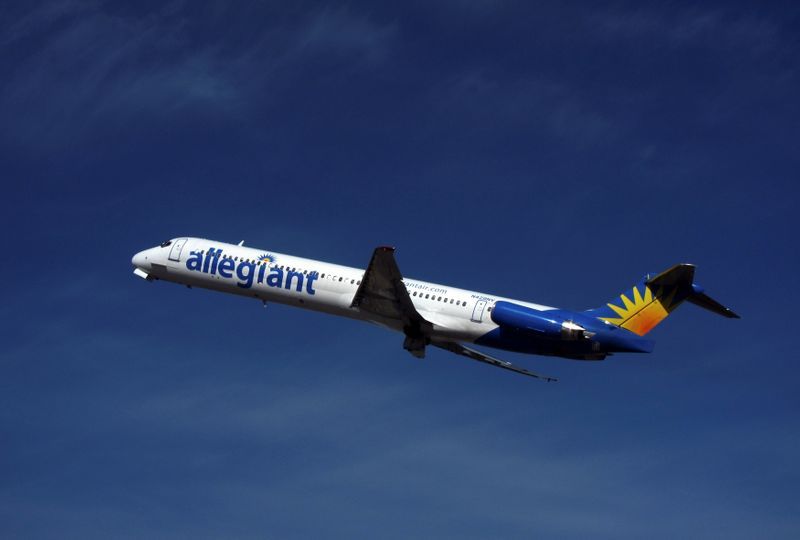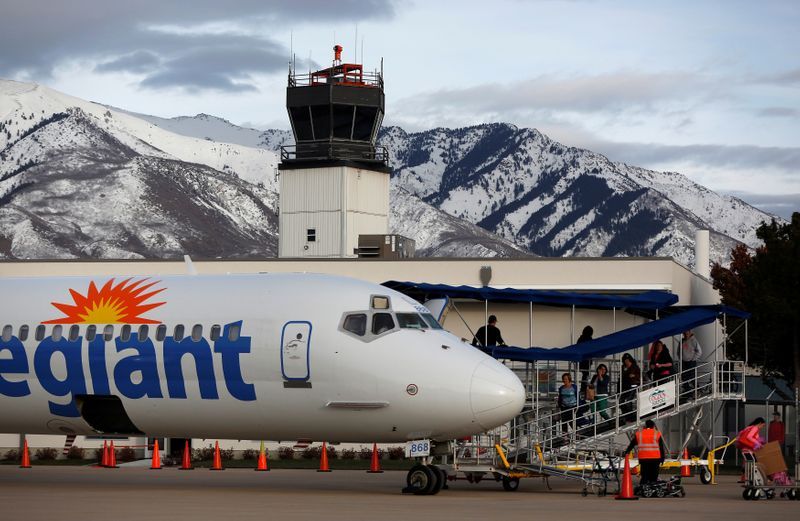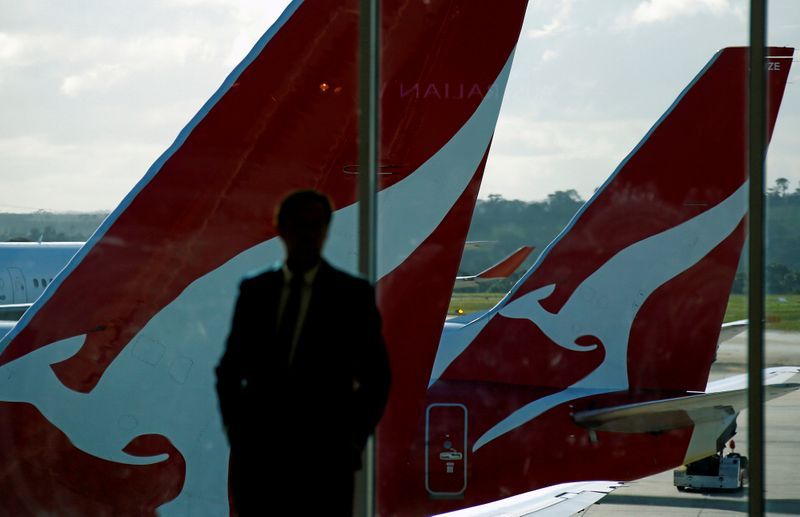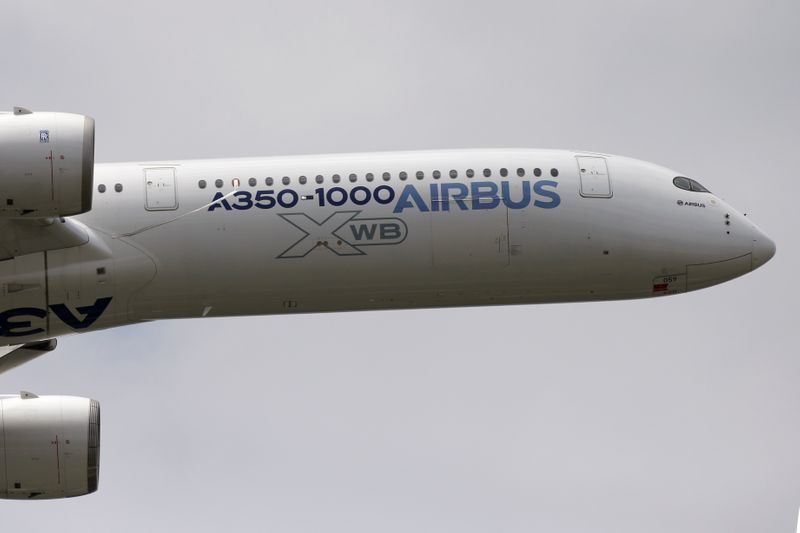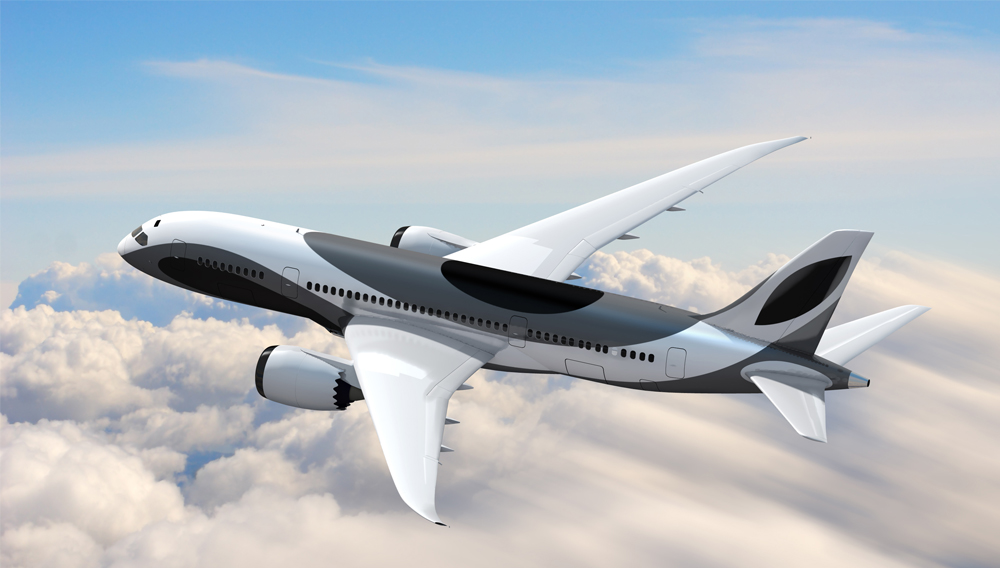On March 1, 2020, Amtrak is launching a series of updates to provide customers more options for savings. Amtrak is offering deeply discounted tickets and reduced fares. Keep an eye out for a variety of new, ultra-low Saver Fares in cities including Orlando, Tampa and South Florida —making travel a breeze in the Sunshine State. Discounted Coach fares start at just $9 – a savings of up to 50% off the base fare. Look for more of these offers on March 2!
To make these lowered fares feasible, Amtrak is implementing a few more restrictions on tickets. In an effort to better fit each customer’s need, Amtrak is revising the following:
- Saver Fares: Our most discounted fares offered with the most restrictions – including no changes, upgrades or cancelations 24 hours after purchase.
- Value Fares: Our standard fare offered with some restrictions – a fee may apply for cancelations or changes made within 14 days of departure.*
- Flexible Fares: Our fare with the most flexibility built-in – including the ability to make no-fee changes and receive a full refund up to the moment of departure.
All fares include an array of amenities that come with Amtrak – including downtown-to-downtown service, no middle seat, ample legroom, the ability to earn Amtrak Guest Rewards points and one of the most generous baggage policies in travel. The change fee will not be applied to multiride, Rail Pass, pass riders, group reservations, sleeping accommodations, Acela First Class/non-Acela Business class, Flexible Fares, Unreserved Coach, corporate, Amtrak Guest Rewards Select Executive members, government fare plans and the first change to a reservation made prior to March 1, 2020.
*The change fee will not apply to Value fares if the customer is adding to an existing reservation (booked prior to March 1) or upgrading on the same train and day as the original reservation.


